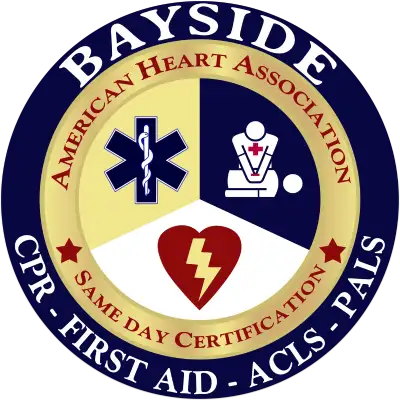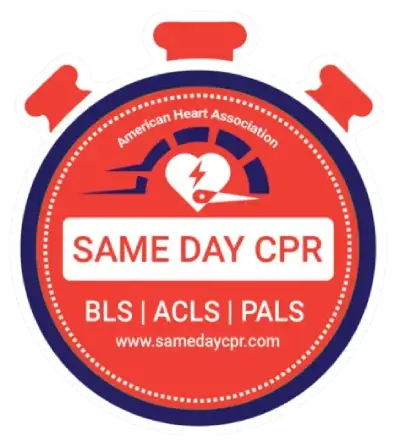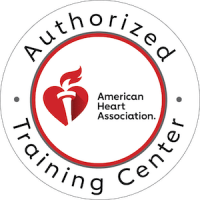
Author Archives: baysidekyha

Where Do I Find CPR Training in Newark, DE?
Looking for CPR training in Newark, DE? Bayside CPR is your go-to provider for expert CPR and First Aid courses. Whether you need certification for work, school, or personal readiness, our hands-on classes give you the skills and confidence to act in...
Read More ›
Where Can I Take PALS Certification in Dover?
Pediatric Advanced Life Support (PALS) certification equips healthcare professionals with the skills to respond to life-threatening emergencies in infants and children. Following American Heart Association (AHA) guidelines, PALS emphasizes early reco...
Read More ›
How Do I Get ACLS Certification in Washington, DC?
Advanced Cardiovascular Life Support (ACLS) is an evidence-based program for healthcare professionals who manage life-threatening cardiovascular emergencies. It builds on CPR and BLS skills, emphasizing cardiac rhythm recognition, airway management, ...
Read More ›
How Do I Get BLS Certification in Bethesda?
Getting BLS (Basic Life Support) certification in Bethesda is easier than you might think. Whether you work in healthcare or just want to be prepared for emergencies, learning BLS gives you confidence and skills to help others. Classes are available ...
Read More ›
Where Can I Find CPR Classes in Annapolis?
Looking for CPR classes in Annapolis? You have plenty of options to get trained and stay prepared for emergencies. Local programs offer flexible courses to fit different schedules and learning styles, from hands-on, in-person sessions to shorter, foc...
Read More ›
What is the Benefit of Learning to Do the Heimlich Maneuver?
The benefit of learning the Heimlich maneuver is that it equips you with a simple, effective way to save a life during a choking emergency. Choking can happen suddenly while eating, and knowing how to respond gives you the confidence to act quickly w...
Read More ›

